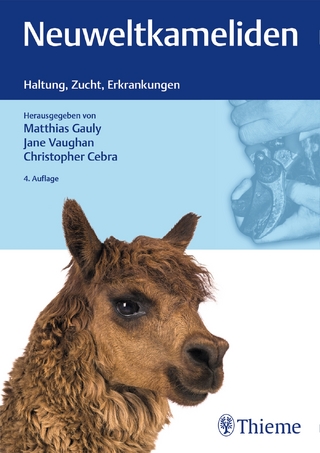
Foot and mouth disease 2001
lessons to be learned inquiry report
Seiten
2002
Stationery Office Books (Verlag)
978-0-10-297624-3 (ISBN)
Stationery Office Books (Verlag)
978-0-10-297624-3 (ISBN)
- Keine Verlagsinformationen verfügbar
- Artikel merken
Title on CD-ROM: Annexes to the foot and mouth disease 2001.
This is the report of the independent inquiry that looked at the Government's handling of the foot and mouth epidemic of 2001. It makes the point that given the spread of the disease before its detection, the impact of the outbreak was bound to be severe, even if everything had been handled perfectly. However there were problems and the initial response was neither fast enough nor effectively co-ordinated. MAFF took the lead but came under severe resource pressure, not only in the number of vets but also in the managerial and logistical skills that had to be later provided by the army. Because disease control policy had not been fully debated before the outbreak, arguments took place whilst the disease was raging and changes were made at short notice and were poorly communicated. In addition the full impact on tourism and the rural economy was not clearly recognised. However in Scotland, with a different management structure and closer relationships between central government, local government and the farming industry, the outbreak was better managed.
As well as analysing the conduct of the Government during the epidemic, the report contains a series of recommendations to help ensure that the chances of exotic animal diseases entering the country are reduced, the farming industry is less vulnerable to outbreaks and, that if such outbreaks do occur, the impact is minimised.
This is the report of the independent inquiry that looked at the Government's handling of the foot and mouth epidemic of 2001. It makes the point that given the spread of the disease before its detection, the impact of the outbreak was bound to be severe, even if everything had been handled perfectly. However there were problems and the initial response was neither fast enough nor effectively co-ordinated. MAFF took the lead but came under severe resource pressure, not only in the number of vets but also in the managerial and logistical skills that had to be later provided by the army. Because disease control policy had not been fully debated before the outbreak, arguments took place whilst the disease was raging and changes were made at short notice and were poorly communicated. In addition the full impact on tourism and the rural economy was not clearly recognised. However in Scotland, with a different management structure and closer relationships between central government, local government and the farming industry, the outbreak was better managed.
As well as analysing the conduct of the Government during the epidemic, the report contains a series of recommendations to help ensure that the chances of exotic animal diseases entering the country are reduced, the farming industry is less vulnerable to outbreaks and, that if such outbreaks do occur, the impact is minimised.
| Erscheint lt. Verlag | 22.7.2002 |
|---|---|
| Reihe/Serie | House of Commons Papers ; 2001-02 888 |
| Mitarbeit |
Sonstige Mitarbeit: Iain Anderson |
| Zusatzinfo | ill., figs, maps |
| Verlagsort | Norwich |
| Sprache | englisch |
| Themenwelt | Veterinärmedizin ► Großtier |
| ISBN-10 | 0-10-297624-4 / 0102976244 |
| ISBN-13 | 978-0-10-297624-3 / 9780102976243 |
| Zustand | Neuware |
| Informationen gemäß Produktsicherheitsverordnung (GPSR) | |
| Haben Sie eine Frage zum Produkt? |
Mehr entdecken
aus dem Bereich
aus dem Bereich
ein Leitfaden zur Diagnostik, Therapie und Prophylaxe bei Lamas und …
Buch | Hardcover (2023)
Schlütersche (Verlag)
CHF 208,55
Buch | Softcover (2023)
John Wiley & Sons Inc (Verlag)
CHF 258,95


